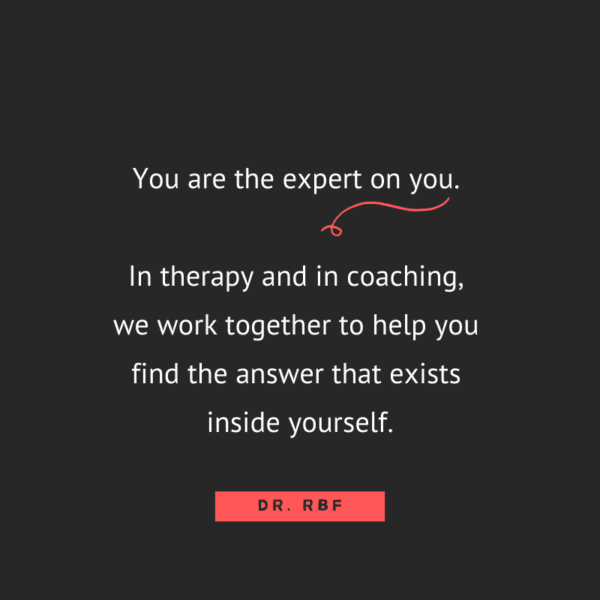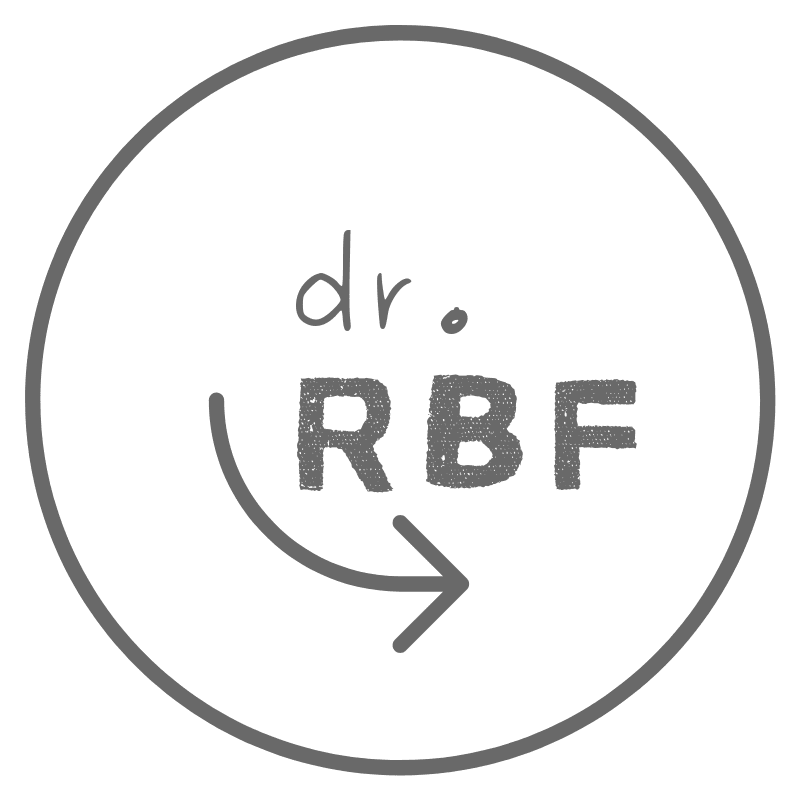
08 Mar Coaching vs. Psychotherapy: What you Need to Know
What’s the difference between Coaching and Psychotherapy?
This is a question I’m often asked, so I’m offering some thoughts on how I see the two realms of my practice.
–> TLDR: One specific thing, and not as much as you’d think. <–
My professional elevator speech for decades could be summed up with: I’m a licensed Clinical Psychologist. This very specific title has definitive legal requirements and ethical standards.
As my career and expertise have expanded, I’ve added Certified Executive Coach to my toolbox.
But when people ask me how the work differs, I find myself shrugging and staring at a far off point over their shoulder…
So, I’ve created this post to help us all understand a bit more about the work.
Interestingly, some folks try to differentiate between future and past in the two disciplines.
Coaching is described as a practice of learning from your present to look forward to designing your best life, and be your best self.
Therapy, on the other hand, often is described as focused on past behavior. You look at your past to understand how you got where you are.
I find that no matter who I’m with, we look both forward and backward. We use history to inform us about how you got here, and use those same self awareness skills to figure out where you want to go.
Therapy helps improve self-awareness and overall well-being.
…coaching does that too.
Further, some coaches work on a time-limited basis, as do some therapists.
Some coaches, and therapists, have a more open-ended relationship with understanding that goals and outcomes shift as we start to behave differently in our lives, both internally and externally.
Google told me that Coaches work with the conscious mind, while some therapists (myself included) are trained to work with the unconscious aspects of self that we bring into every aspect of our lives. Okay, so maybe that’s one difference…maybe.

One thing that is clear: therapy can diagnose and treat trauma, grief, addiction, and other serious mental health concerns, which coaching cannot do.
So, that’s it. That’s the difference. At least as far as I can tell, and in the work that I do. Diagnosis.
And that doesn’t help us understand what I do to help folks.
My speciality is asking the questions to help you locate the answers.
I want everyone to level up to be their best selves. That can mean alleviating suffering from a historical trauma, or tweaking a sleep schedule, or maybe looking at your own neurobiology to figure out where you perform at your best, and looking at your self-limiting beliefs that are getting in your way. In all cases, we focus on internal feeling states, behaviors, and interpersonal relationships.
No matter who I work with, I operate with a fundamental belief that you are the expert on you. I work to help you find the answer that exists inside yourself. I’m interested in helping people make concrete changes in their lives. After all, what got you here isn’t necessarily getting you where you want to go.





